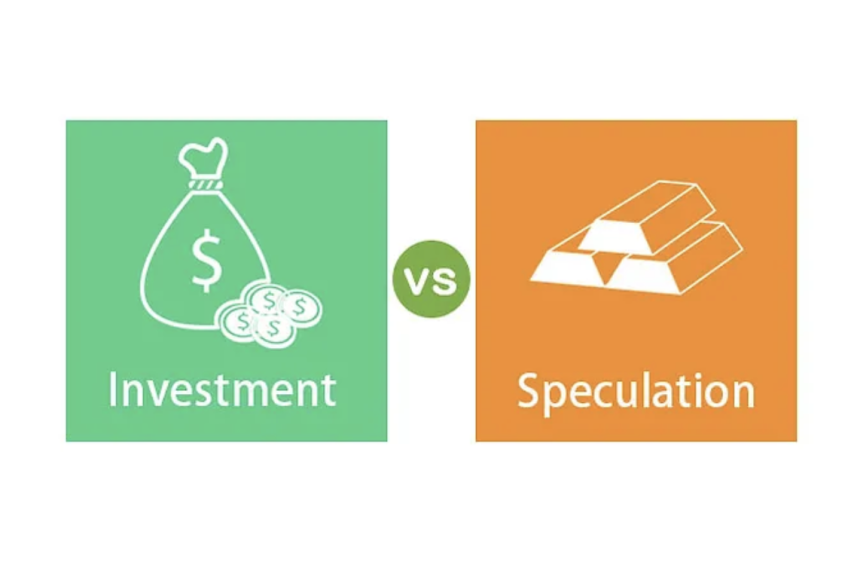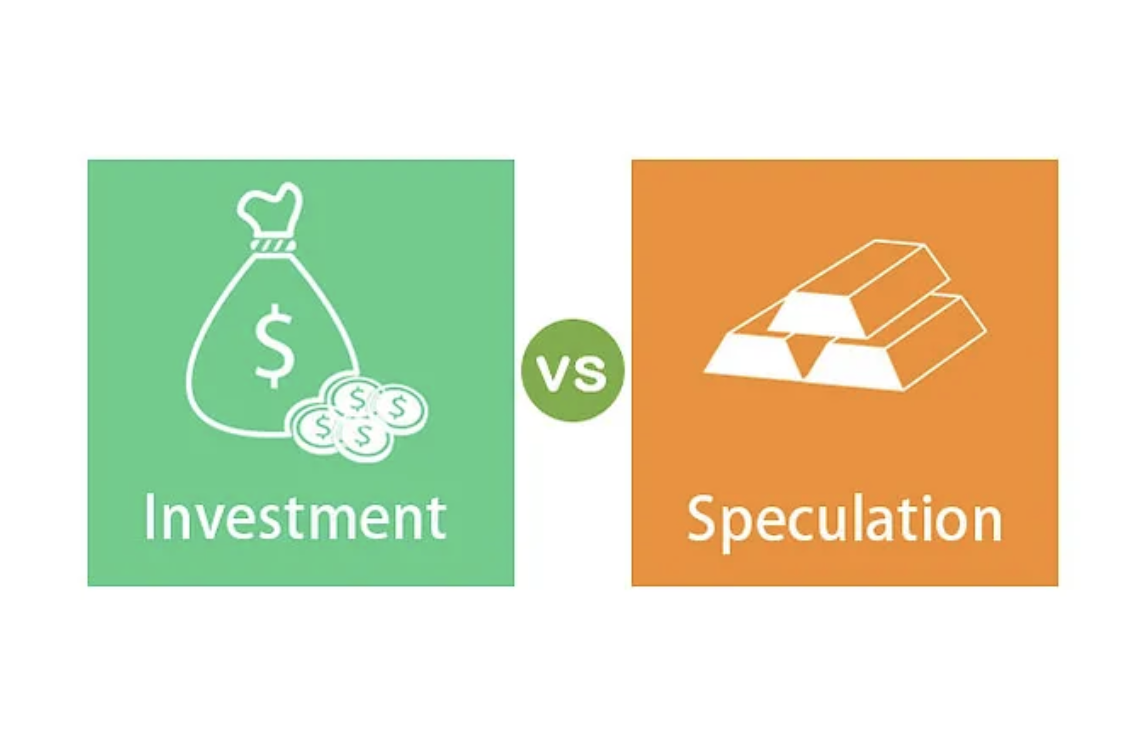
What is Investing?
Investing involves the allocation of resources—such as money, time, or energy—to assets with the expectation of long-term growth and income generation. Investors focus on the fundamental value of the assets they acquire, such as stocks, bonds, mutual funds, or real estate. They seek to build wealth steadily over time through appreciation in asset value, dividends, or interest payments.
Key Characteristics of Investors
Objective: Wealth accumulation over the long term. Investors prioritize capital preservation and consistent growth by selecting assets with strong fundamentals.
Risk Tolerance: Moderate to low. Investors use diversification and other strategies to manage risk effectively.
Time Horizon: Long-term, often spanning years or decades.
Strategies: Rely heavily on fundamental analysis, assessing the financial health, growth potential, and intrinsic value of assets. Investors often adopt a "buy and hold" strategy, maintaining their positions over extended periods.
Example: An investor might purchase shares in a stable multinational company offering consistent dividends, planning to hold them for years to benefit from compounding growth and income generation.

Source: www.activelifestylefinancialplanning.com/
What is Speculating?
Speculating, on the other hand, involves higher-risk transactions aimed at profiting from short-term market volatility. Speculators often rely on technical analysis, market sentiment, or momentum to guide their decisions. Unlike investors, speculators focus less on the intrinsic value of an asset and more on price movements.
Key Characteristics of Speculators
Objective: Profiting from short-term price fluctuations, often prioritizing quick gains over long-term stability.
Risk Tolerance: High. Speculators accept greater levels of volatility and may use leverage to amplify their positions, which increases both potential gains and losses.
Time Horizon: Short-term, ranging from minutes to months.
Strategies: Active trading, frequent buying and selling of assets, and reliance on tools like technical analysis to anticipate market movements. Speculators often focus on specific markets or volatile assets, such as cryptocurrencies or options.
Example: A speculator might trade the stock of a junior gold mining company based on a rumor of a new gold discovery, aiming to capitalize on a potential price surge despite the high risk of bankruptcy.
Investing vs. Speculating: A Comparative Overview
1. Objectives
Investors: Aim for steady wealth accumulation and capital preservation.
Speculators: Seek quick profits through high-risk trades.
2. Risk Tolerance
Investors: Moderate to low, using diversification and long-term strategies to mitigate risk.
Speculators: High, often leveraging their positions to amplify potential rewards.
3. Time Horizon
Investors: Long-term, focusing on compounding growth and asset appreciation.
Speculators: Short-term, capitalizing on market volatility and rapid price changes.
4. Analytical Approach
Investors: Emphasize fundamental analysis to evaluate the intrinsic value and growth potential of assets.
Speculators: Rely on technical analysis, market trends, and trading patterns.
5. Profit Expectations
Investors: Target reasonable, sustainable returns over time.
Speculators: Expect substantial short-term gains, often accepting the risk of significant losses.

Investor vs. Speculator: Strategies
Investment Strategies
Investors diversify their portfolios across various asset classes, such as stocks, bonds, and mutual funds. They focus on consistency and long-term growth, often employing strategies like dollar-cost averaging to mitigate market volatility.
Speculation Strategies
Speculators engage in aggressive trading strategies, including short-term trading, margin trading, and derivatives like futures and options. They frequently adjust their positions based on market sentiment and technical indicators.
Choosing Between Investing and Speculating
When deciding between investing and speculating, individuals should evaluate their financial goals, risk tolerance, and time horizon:
Investing: Suited for those seeking long-term stability and gradual wealth accumulation.
Speculating: Appeals to those with a higher risk tolerance who are comfortable with the potential for significant short-term gains or losses.
Special Considerations
Tax Implications: Long-term investments often receive favorable tax treatment, while speculative gains are taxed at higher rates.
Professional Advice: Consulting financial advisors can help tailor strategies to individual goals and risk profiles.
Conclusion
Investors and speculators approach financial markets with distinct strategies and goals.
Investors focus on long-term stability, capital preservation, and steady growth. They rely on fundamental analysis and diversify their portfolios to minimize risk, aiming for sustainable wealth accumulation over time.
Speculators, in contrast, embrace short-term trading and market volatility. They take higher risks, using technical analysis and price trends to capitalize on quick gains, often disregarding the fundamental value of assets.
Understanding these differences helps individuals align their financial activities with their goals and risk tolerance, ensuring informed and strategic market participation.
